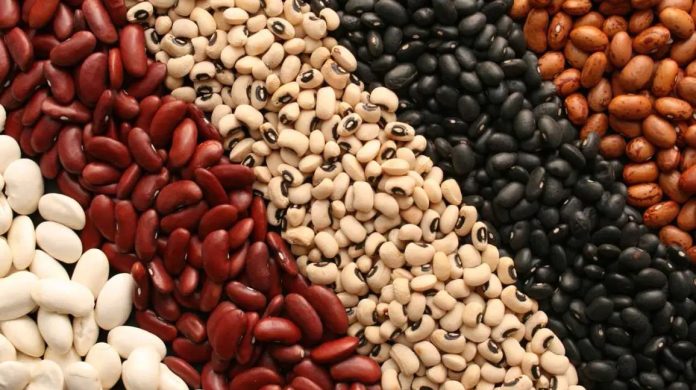There are times when someone may experience some swelling in their abdomens and feel bloated. This feeling is uncomfortable and absolutely normal. The body’s defense mechanism that aids the immune system against some harmful irritants, pathogens and foods will cause water retention and gas. This shouldn’t be confused with inflammation, which occurs from bacterium, fungus and various types of viruses.
The first cause of bloating is usually water retention or gas. When these symptoms occur, they can normally be treated with natural diuretics by eating the right foods. Choosing the right foods will help the body lose excess water and provide some needed potassium. Examples of foods that increase water retention and gas are hot dogs, sausages, bacon, carbonated beverages, sugar alcohols, salad dressings, soy sauce, ketchup and food products that are labeled sugar-free. Eating spinach, avocadoes, cantaloupe and any other food that is a good source of potassium and high in protein will help relax the body’s need to retain gas and water.
The second cause of bloating usually has symptoms such as gas, diarrhea and constipation. This condition is known as irritable bowel syndrome. This ailment affects the large intestine, causing carbohydrates to ferment due to poor digestion. Examples of food that cause more bacteria and make symptoms worse are apples, pears, prunes, fructose, honey, cottage cheese, and milk and wheat pasta. Eating bananas, cantaloupe, potatoes, spinach, tomatoes, port, beef, fish, chicken, gluten-free bread and lactose-free milk is easier on the stomach and make also on digestion.
The third cause of bloating cause abdominal tenderness, nausea, loss of appetite, fever, chills, fatigue, muscle pain, memory loss, sore throat and swollen glands. This condition is called diverticulosis or diverticulitis which occurs when too little fiber is consumed and too great a quantity of processed foods are eaten. Almost any food can irritate this symptom and it is recommended to drink clear liquids, broths, water and light soups to ease being uncomfortable. The best methods to introduce solid foods back into the diet a few at a time, so to keep track of which foods digest easily and which ones aggravate the stomach.
Foods that cause little to no irritable symptoms are:
- Almonds
- Blueberries
- Bok Choy
- Carrots
- Eggplant
- Eggs
- Gluten-free cereal
- Grapes
- Hard cheese
- Lamb shellfish
- Lettuce
- Oats
- Quinoa
- Rice
- String beans
- Tofu
- Turkey
- Turnips
- Walnuts
- Zucchini
Foods that cause some or a high level of irritable symptoms are:
- Asparagus
- Avocados
- Cashews
- Cauliflower
- Cottage cheese
- Crackers
- Ice cream
- Lentils
- Mangoes
- Mushrooms
- Nectarines
- Onion
- Pistachios
- Plums
- Ricotta
- Soybeans
- Watermelon
- Yogurt
Eventually you will be able to eat normally again. There will be some foods that you may no longer be able to eat without the symptoms returning, while others will digest easily. The best method to reintroduce yourself to foods is to wait a month or so after flushing your system out. Drink clear liquids and light broths during that time. Then try a few foods at a time to see if your body chemistry will adjust and accept these foods while letting you know which ones still need to be avoided. Those foods that don’t agree with your system write down and keep handy so you don’t cause yourself more pain and already have a head start if you need to seek medical treatment for your condition.
If you feel you have a serious problem and can’t relieve the bloating, inflammation or gassiness yourself with a change in diet it is time to seek professional help. Some tests may be necessary for the doctor to make a justified diagnosis of your troubles. Make an appointment with your physician and discuss the matter with him/her and follow whatever instructions you are advised to change.
Understand the symptoms you are experiencing and enjoy a healthier lifestyle, feel better each day and eat the food that are right for you!








